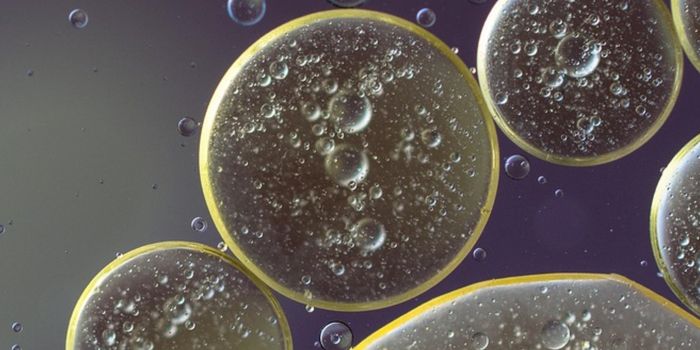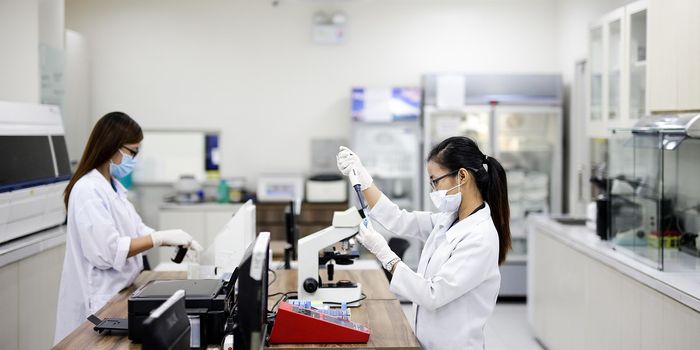
While it has long been known that obesity can negatively affect health in terms of cardiovascular disease, diabetes and hypertension, women who are obese face another complication-infertility. Obesity can make it more difficult for a woman to get pregnant and when she does, either spontaneously or with the help of fertility treatments, her children could also be prone to obesity. New research may shed some light on these issues, however. Scientists have identified a process in egg cells that could be partially to blame. In addition, a diabetes drug now in clinical trials could also offer a solution.
The problem goes further than body weight. Obesity alters the way cells work, clogging up cellular machinery and interfering with the ability to build functional proteins. At the core of the matter is the endoplasmic reticulum (ER), the part of the cell where proteins are made and transported throughout the cell. This process, known as ER stress, can cause any cell to self-destruct and can occur in cells throughout the body, including the liver, pancreas, and brain.
Researchers wanted to find out if this stress response takes place inside egg cells as well. A team at the University of Adelaide in Australia led by cell biologist Rebecca Robker turned to a mouse model of obesity that closely replicates what's seen in humans. Humorously named "Blobby mice" have a genetic mutation that causes them to overeat their way to obesity even when given only low-fat mouse food.
The researchers compared ER stress as well as the activity of the energy producing mitochondria in the egg cells of both obese and healthy mice. They also looked at how the egg cells were affected after In Vitro Fertilization (IVF). When the researchers compared the patterns of gene expression in the egg cells of the fat mice and the control group of lean mice, they found that the Blobby mice had significantly higher levels of genetic markers for ER stress. In addition, Blobby eggs also had reduced mitochondrial activity compared with the thinner mice in the study.
"When we saw that the mitochondria in the eggs were damaged, we knew that that was a very important and critical problem," Robker says. Mitochondria in eggs are particularly important; although both parents contribute DNA to a child, mitochondria from the mother's eggs is what determines the quality of all the mitochondria in every single cell of an offspring's body. An ER stressed cell can become overwhelmed and breakdown, leading to damaged mitochondria.
The damaged mitochondria in the eggs of obese mice did not replicate properly in eggs. The fetuses that developed from the eggs of Blobby mice were heavier than those from typical mice, and they had less mitochondrial DNA in their vital organs. BGP-15, an ER stress inhibitor that is already proving to be a safe and effective way to increase mitochondria in muscle cells and lower cell stress in early clinical trials for diabetes, was given to the obese mice. When these eggs were fertilized and transferred into surrogate mothers, they no longer grew into overweight fetuses. Robker believes this finding is significant for understanding the mechanism of obesity and how it is passed on to offspring.
The findings are published online in the Journal Development
 While it has long been known that obesity can negatively affect health in terms of cardiovascular disease, diabetes and hypertension, women who are obese face another complication-infertility. Obesity can make it more difficult for a woman to get pregnant and when she does, either spontaneously or with the help of fertility treatments, her children could also be prone to obesity. New research may shed some light on these issues, however. Scientists have identified a process in egg cells that could be partially to blame. In addition, a diabetes drug now in clinical trials could also offer a solution.
While it has long been known that obesity can negatively affect health in terms of cardiovascular disease, diabetes and hypertension, women who are obese face another complication-infertility. Obesity can make it more difficult for a woman to get pregnant and when she does, either spontaneously or with the help of fertility treatments, her children could also be prone to obesity. New research may shed some light on these issues, however. Scientists have identified a process in egg cells that could be partially to blame. In addition, a diabetes drug now in clinical trials could also offer a solution. 







